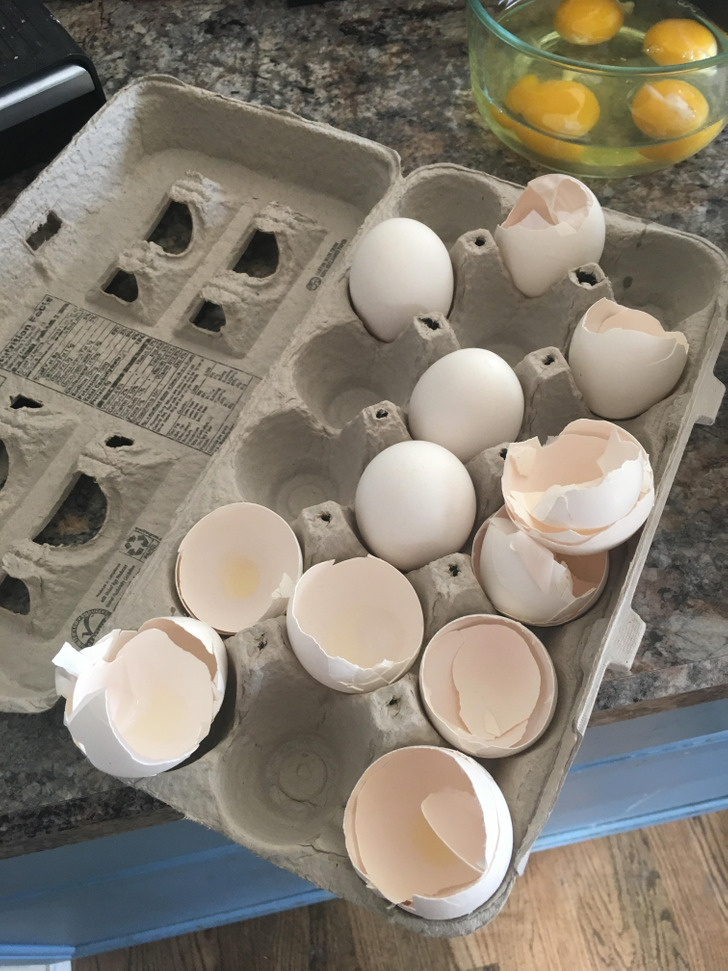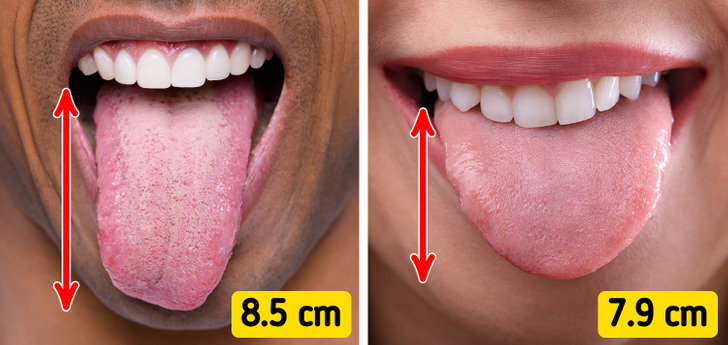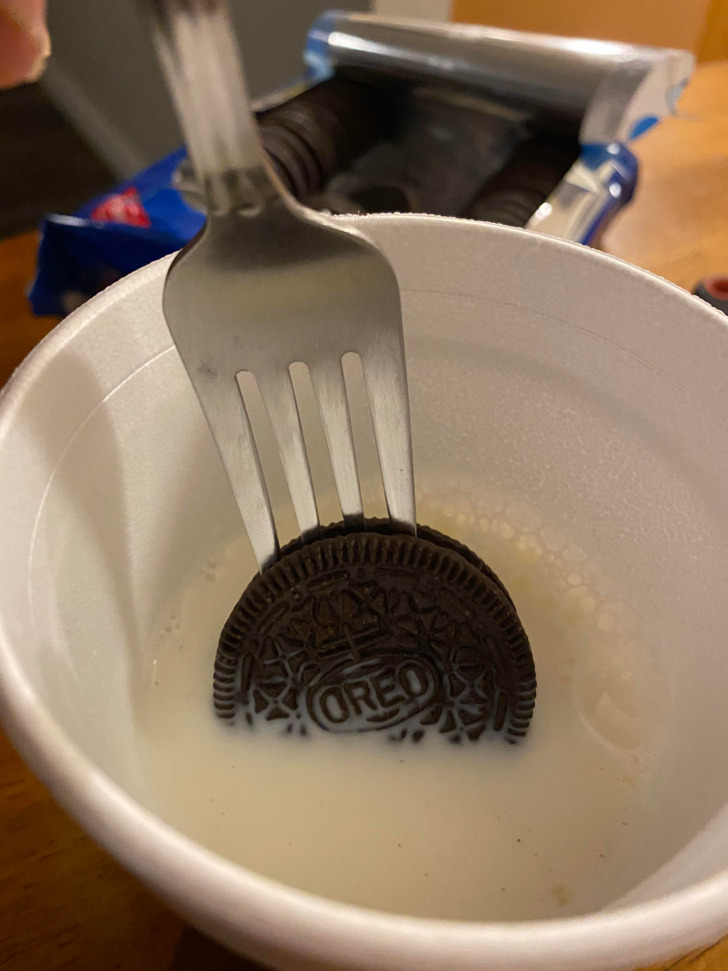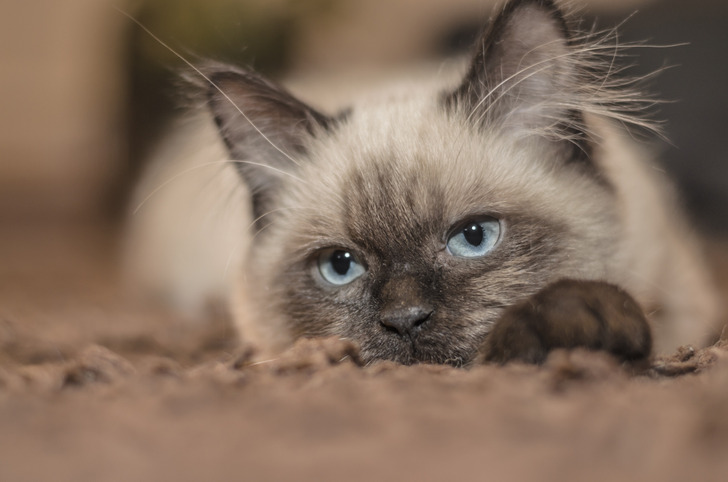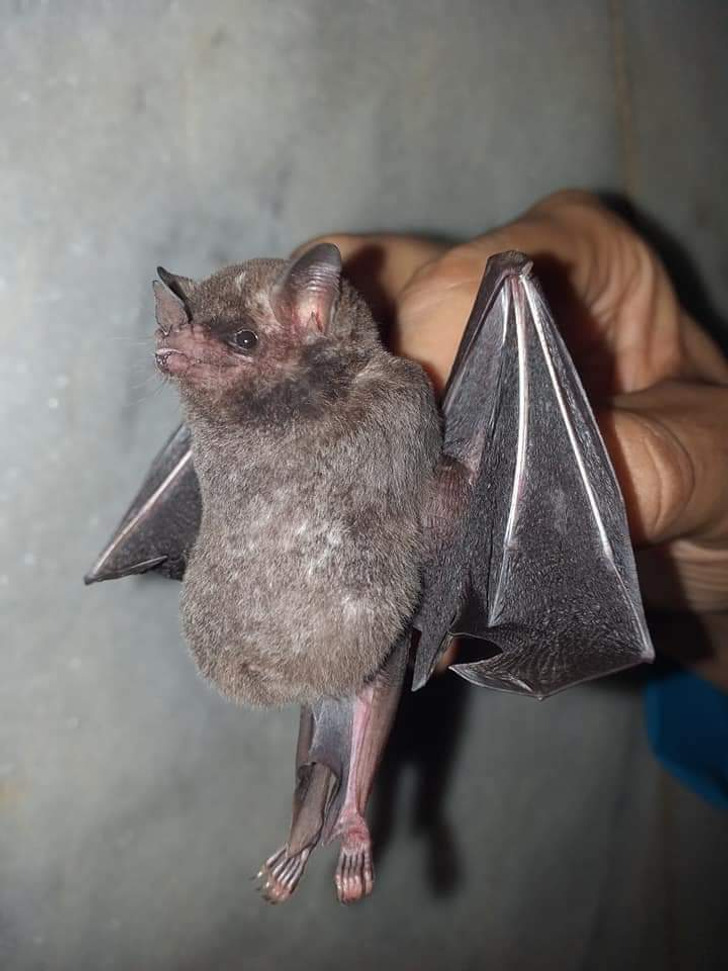WOW I had no idea that YouTube was a dating app
20 Random Facts That Will Instantly Make You Feel Smarter
With all its oddities, inventions, and natural wonders, our world can be a pretty amazing place. And just when you think you learned everything there is to know, you come across bits of trivia that catch you by surprise. Knowing some of these fun facts probably won’t advance our everyday lives much, but they’ll surely make any conversation a lot more interesting. And yes, knowing them can actually make you (feel) smarter.
Prepare to be amazed by these 20 curious facts that we at Bright Side carefully selected for our list.
1. In Japan, husbands receive a monthly allowance.
In many Japanese marriages, the wife is the one who controls the family budget and she gives a monthly allowance to her husband from his salary. The husband uses this money, known in Japan as ’’okozukai’’ to pay for his leisure activities, entertainment, and mobile phone bills. The value of okozukai is usually around 10% of the husband’s salary.
2. 2% of people have the ’’anti-smell’’ gene.
Most of us know how armpit smell can be embarrassing, but there is a small percentage of the world’s population that will never have to deal with this kind of annoyance. Scientists have discovered that 2% of people have the ’’anti-smell’’ gene, known as gene ABCC11. These lucky winners of the genetic lottery are not capable of producing odor under their armpits. But the rest of us can take some solace in the fact that sweat itself doesn’t have a bad smell. The odor occurs when bacteria on your skin come into contact with the perspiration released by your sweat glands.
3. Messy beds are actually healthier for us.
Not making your bed straight away in the morning might look messy, but it’s actually healthier than throwing a comforter over it. A new study from Kingston University suggests that leaving the sheets untidily scattered across the mattress can kill around 1.5 million dust mites.
4. Eggshells are being used to grow new human bones.
We tend to think about eggshells as a synonym for fragility, but in fact, they are much stronger than they seem. So much so that they can even be used as a material to make human bones. Scientists at the University of Massachusetts Lowell have discovered a way to help grow new bone by using crushed eggshell particles.
5. Men have a longer tongue than women.
The common misconception that women talk more than men cannot be scientifically confirmed. However, when it comes to tongue length, men are definitely in the lead. One study conducted at the University of Edinburgh confirmed that the average tongue length for adults is 7.9 cm for women and 8.5 centimeters for men. Does it have anything to do with who talks more, science has yet to determine.
6. The Eiffel Tower can grow more than 6 inches during the summer.
One of the most famous landmarks in Europe changes height depending on the season. In the summer, when temperatures are over 40°C, the Eiffel Tower grows taller by up to 15 cm. This is because the heat causes the metal material to expand, which results in an increase in the tower’s height. The heat can also cause the top of the tower to tilt by up to 17 cm in summer.
7. 4 seconds is the perfect length of time to dunk your Oreos in milk.
If you have been trying to figure out for how long should you soak your Oreo in milk without it becoming too soggy, you’ll appreciate the results of Utah State University research. After 2 weeks of experimenting, scientists found that 4 seconds is the ideal amount of soaking time. It allows Oreos to reach maximum absorption without falling apart or becoming too moist.
Bonus tip: To avoid sticky fingers, use a fork for dipping.
8. It’s impossible to tickle yourself.
The human brain is capable of fascinating things — including predicting the future. Studies conducted at University College London showed that a part of our brain called the cerebellum can predict the tickling sensation but only when you try to do it by yourself. That’s why it ’’turns off’’ the response and you don’t feel anything. When others do it, of course, our brain is caught by surprise, and we get a bunch of giggles. Go ahead, try and see for yourself.
9. Jellyfish can be as big as humans.
Barrel jellyfish, or Rhizostoma Pulmo, can grow to the size of an average human, and even beyond. Weighting nearly 36 kilograms, with a belly of up to 3 feet wide, it surely is a fascinating but rare sight — one that you’d probably want to avoid on your snorkeling excursion.
10. YouTube was founded on Valentine’s Day and started as a dating app.
YouTube, everyone’s go-to platform for all kinds of entertaining videos and video tutorials, was originally intended for a different purpose. According to founder, Steve Chen, when YouTube was launched on Valentine’s Day back in 2005, the initial idea was to allow people to upload videos of themselves where they would talk about their romantic preferences and what kind of partner they were looking for.
11. Men who have daughters live longer.
We can’t say for sure if dads who have daughters are overall happier than those who have sons, but having girls can improve fathers’ longevity, according to one study. A group of scientists found that the number of daughters positively affected their fathers’ life span. On average, their longevity increased by 74 weeks per daughter born. On the other hand, the number of male offspring did not have any noticeable impact on their longevity.
12. Victoria’s Secret perfume deters insects better than other commercial insect repellents.
Mosquitos are those miniature, pesky creatures that can turn our outdoor adventure into a nightmare. But don’t fret, it seems that all you need is a couple of perfume drops to successfully repel them. In one study, a team of scientists tested Avon’s Skin So Soft bath oil and Victoria’s Secret Bombshell perfume against well-known mosquito repellents. Surprisingly, both products performed remarkably well compared to other products intended for this purpose. They effectively deterred mosquitoes 120 minutes post application.
13. The Mayan and Aztec People used cocoa beans as a form of currency.
It’s hard to imagine that a product that is so widespread and accessible today was used as currency at one point in history. For Mesoamericans, cocoa beans were as precious as our golden Mastercard today. The Aztecs and Mayans used it to pay for anything from taxes to food and clothing.
14. The furry tufts of hair inside a cat’s ear are called ear furnishings.
No matter how much we study them, it seems that we can never learn everything about these mysterious (and hilarious!) animals. For example, you probably didn’t know that the fur on the inner part of a cat’s ear is called furnishings. Even avid cat lovers often confuse them with tufts, which is the fur that covers the outer part of your fluffy pet’s ears. Adorable, isn’t it?
15. Bats give birth upside down.
We often admire bats for their unique ability to do almost everything while hanging upside down. They sleep and hibernate and even continue hanging after they die. What’s more, female bats even give birth while in this gravity-defying position. When the baby bat is born, the mother quickly catches it and holds it with her wings.
16. Homework was once considered harmful for a child’s health.
Even though it’s been ages since after-school assignments were banned, the debate on this topic seems to still be ongoing. The homework ban that was introduced in 1901 in California affected all students younger than 15. Some doctors and teachers argued that it had a negative effect on a child’s health as it caused them too much stress. However, the carefreeness of schoolkids was relatively short-lived, only a little more than a decade passed before homework was re-introduced in 1917.
17. Lobsters used to be prison food.
Before restaurants put it on their menu in the 1880s, lobster was so abundant and affordable that it was labeled: “poor man’s protein.” Before it became a pricey delicacy, lobster was often given to prisoners as it was considered to be low-grade food.
18. In the 15th century pregnancy was very trendy.
Much like today, pregnancy was very fashionable in the 15th century, so much so that even women who were not pregnant sometimes wore stuffed pads under their clothes to imitate a baby bump. And this was way before maternity clothes were even invented.
19. Our brain cannot create new faces in our dreams.
Our brain is capable of many incredible things, but ’’inventing’’ entirely new faces in our dreams is not one of them. Neuroscientists believe that every person you dream of has been someone you have seen before in some way — either an acquaintance, a friend, or just a stranger you passed by on the street for a second.
20. Erasers were invented 200 years after pencils.
Although pencils have been with us for about 400 years, erasers came along long after that — some 200 years to be precise. Until the 18th century, when rubber became the primary material for erasers, people relied on sponges or even pieces of bread to cover up pencil marks or remove mistakes.
What’s the strangest fun fact about the world around us that you had to check to make sure is true? Tell us about it in the comments.



